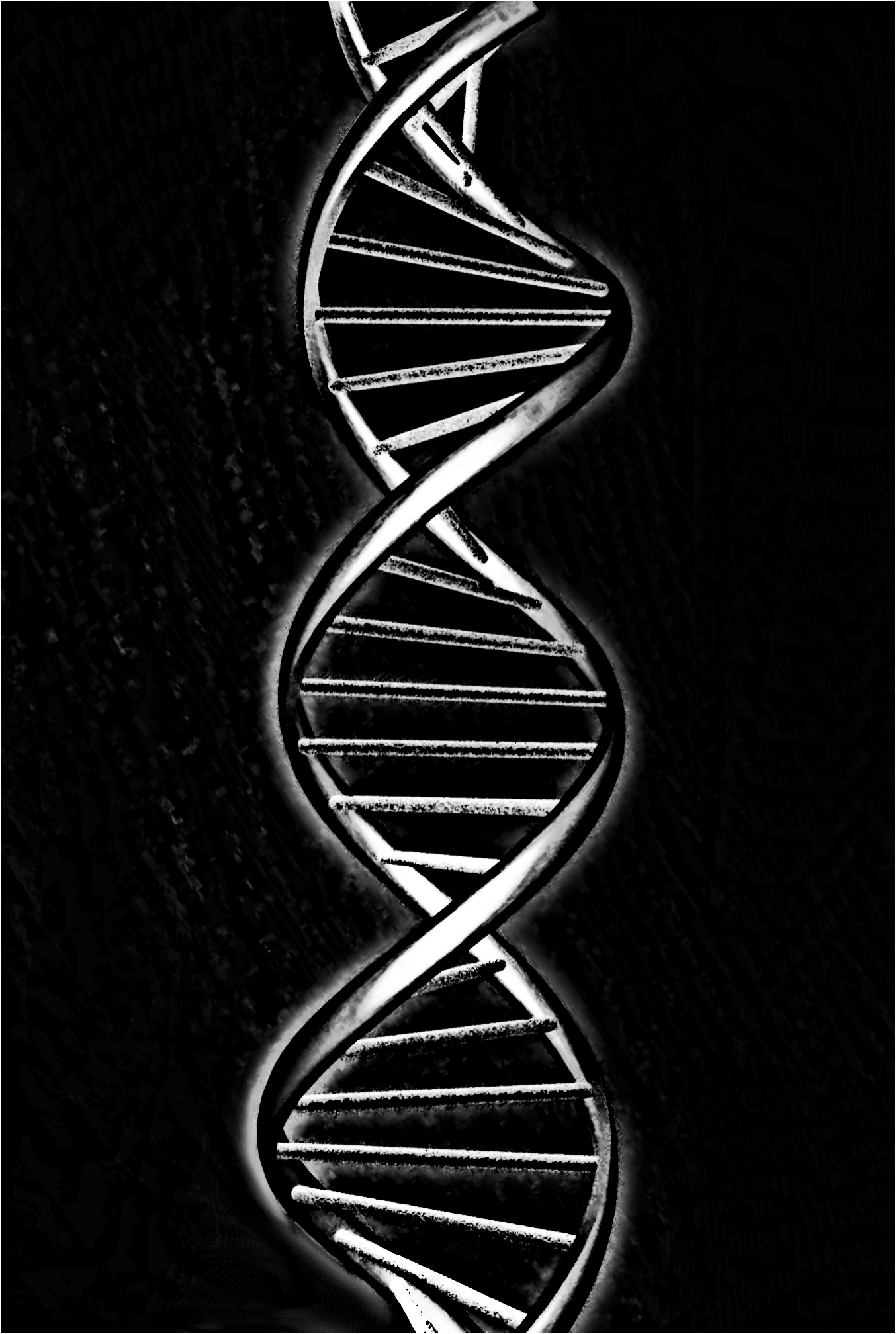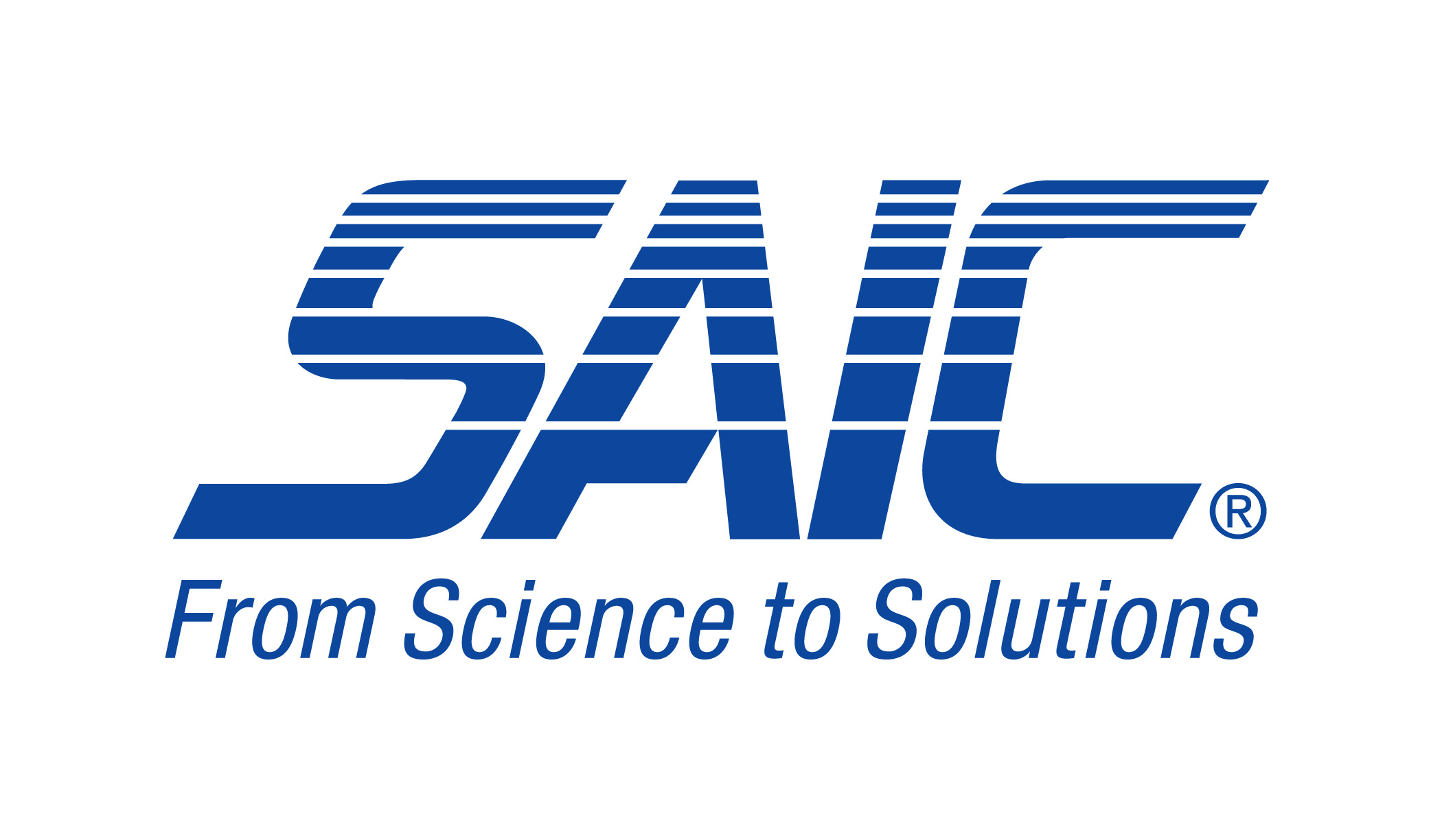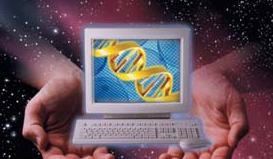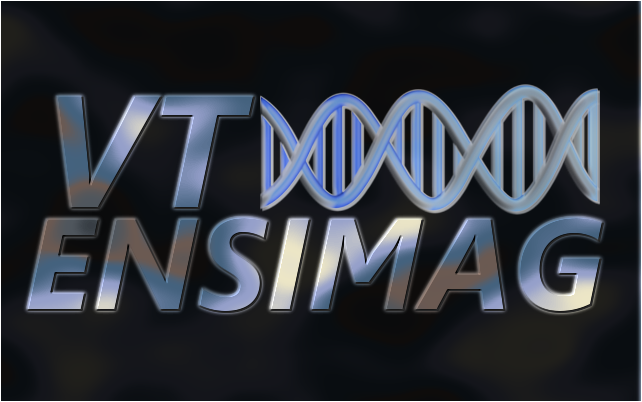Team:VT-ENSIMAG/Genothreat
From 2010.igem.org
| Line 11: | Line 11: | ||
=Algorithm= | =Algorithm= | ||
| - | Following the federal guideline, the first step is to do the six frame translation ([[Team:VT_Ensimag_2010-Biosecurity/sixframe|See More]]) in order to have the corresponding amino-acid strands. We also keep the initial nucleotid strand and its reversed DNA sequence. So we have now 8 sequences to screen (6 amino-acid, 2 nucleotides). | + | Following the federal guideline, the first step is to do the six frame translation ([[Team:VT_Ensimag_2010-Biosecurity/sixframe|See More]]) in order to have the corresponding amino-acid strands. We also keep the initial nucleotid strand and its reversed DNA sequence ([[/Why?]]). So we have now 8 sequences to screen (6 amino-acid, 2 nucleotides). |
Then, we divide each sequence in 200bps nucleotide or 66 amino-acid subsequences. | Then, we divide each sequence in 200bps nucleotide or 66 amino-acid subsequences. | ||
[[Image:Division.jpg|center|300px]] | [[Image:Division.jpg|center|300px]] | ||
Revision as of 16:56, 9 August 2010
genoTHREAT
|
Global presentationThe software, GenoTHREAT takes a DNA sequence on input, and in return told the user if it's a dangerous sequence which need further investigation or if the sequence can be synthetised. It follows the algorithm given by the federal guidelines, and so uses the Blast software for sequence alignement. For managing the sequence (six-frame translation, reversed frame, extracting sub-sequence), we use Biojava, a bio-informatics toolbox ([http://www.biojava.org/wiki/Main_Page 1]). GenoTHREAT has been coded in Java, and is working on both Windows and Linux distribution. We have developped different versions in order to optimize the time execution or the cpus' utilisation according to the use (#Different implementations). AlgorithmFollowing the federal guideline, the first step is to do the six frame translation (See More) in order to have the corresponding amino-acid strands. We also keep the initial nucleotid strand and its reversed DNA sequence (/Why?). So we have now 8 sequences to screen (6 amino-acid, 2 nucleotides). Then, we divide each sequence in 200bps nucleotide or 66 amino-acid subsequences.
Different implementations |
 "
"






